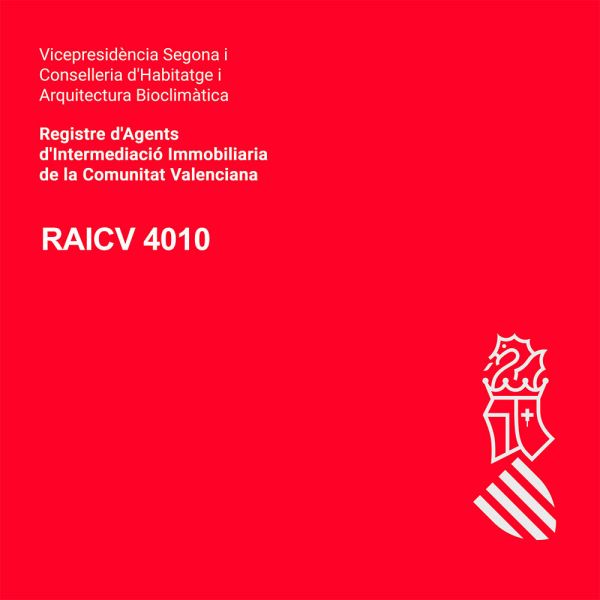What is a property reservation contract?

What is a property reservation contract and what is its purpose
A property reservation contract is a legally binding agreement between the buyer and seller of a property. It is a document where both parties agree to carry out the purchase-sale in the near future. This contract is known as "arras" due to the amount of money that the buyer gives to the seller as a guarantee that they will fulfill the transaction in its entirety. These "arras" usually represent a percentage of the total price of the property.
The main purpose of the property reservation contract is to ensure that both parties fulfill their obligations in the property transaction. For the buyer, the "arras" serve as a guarantee that the property will not be sold to another buyer while the purchase-sale procedures are being carried out. For the seller, the "arras" ensure that the buyer is committed to the transaction and has a real intention to purchase the property.
Who pays for the property reservation contract
Generally, the buyer pays for the property reservation contract. It is common for the buyer to deliver an agreed amount of money to the seller as a sign of their commitment to buy the property. This amount usually represents a percentage of the total price of the property and is deducted from it at the time of signing the purchase-sale deed.
How is a property reservation contract made and who drafts it
The property reservation contract can be drafted by a professional, such as a lawyer or a real estate agency, or it can be drafted by the parties involved in the transaction. It is important that the contract contains all the relevant details of the purchase-sale, including the agreed price, the date of signing the purchase-sale deed, the conditions of the property, the "arras" delivered, and any other specific clause agreed upon by the parties.
The content of the property reservation contract must be clear and precise to avoid confusion or misunderstandings in the future. It is advisable that both parties review the contract carefully and, in case of doubts or discrepancies, seek legal advice.
Who, where, and when is the property reservation contract signed
The property reservation contract is usually signed by both parties, the buyer and the seller, in the presence of a notary or a qualified professional. The signing can take place at the offices of a real estate agency, at the notary's office, or at any other place agreed upon by both parties.
The date of signing the property reservation contract is usually agreed upon by both parties and may vary depending on the circumstances of the transaction. However, it is important that the signing date is as close as possible to the date of signing the purchase-sale deed to avoid possible complications or delays in the transaction.
What happens if the seller of a house regrets and does not fulfill the property reservation contract
If the seller of a house regrets and does not fulfill the property reservation contract, the buyer can demand compliance with it through legal means. In this case, the buyer may claim the return of double the amount given as "arras", in accordance with the legislation in force.
What happens if the property reservation contract expires in a purchase-sale
If the property reservation contract expires in a purchase-sale without the signing of the purchase-sale deed, the parties can agree to an extension of the contract or rescind the contract and proceed with the return of the "arras" delivered. In any case, it is important that the parties agree on the terms of the extension or rescission to avoid possible conflicts.
Can a property reservation contract be annulled?
The annulment of a property reservation contract can occur in specific cases, such as if one of the parties fails to comply with the conditions established in the contract or if there are valid reasons for its rescission. In any case, the annulment of the property reservation contract must be agreed upon by both parties or resolved through legal means, depending on the circumstances of the case.
It is important to consider that, being a legally binding agreement, the annulment of a property reservation contract can have legal consequences for the parties involved, so it is advisable to seek legal advice in case of doubts or disputes.





